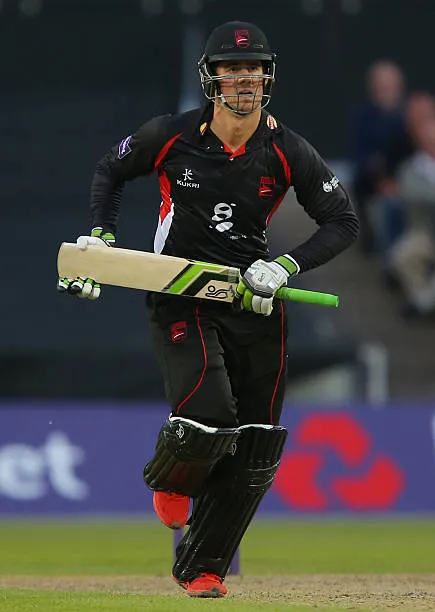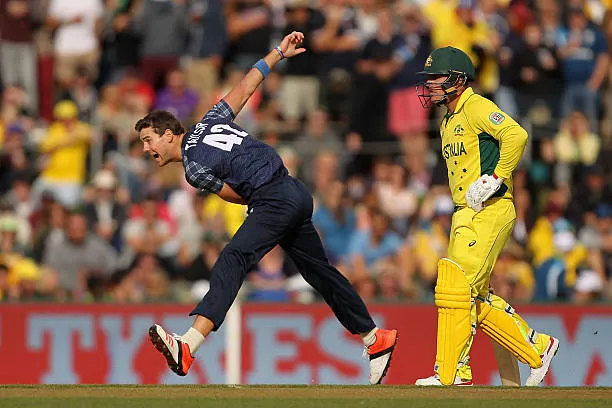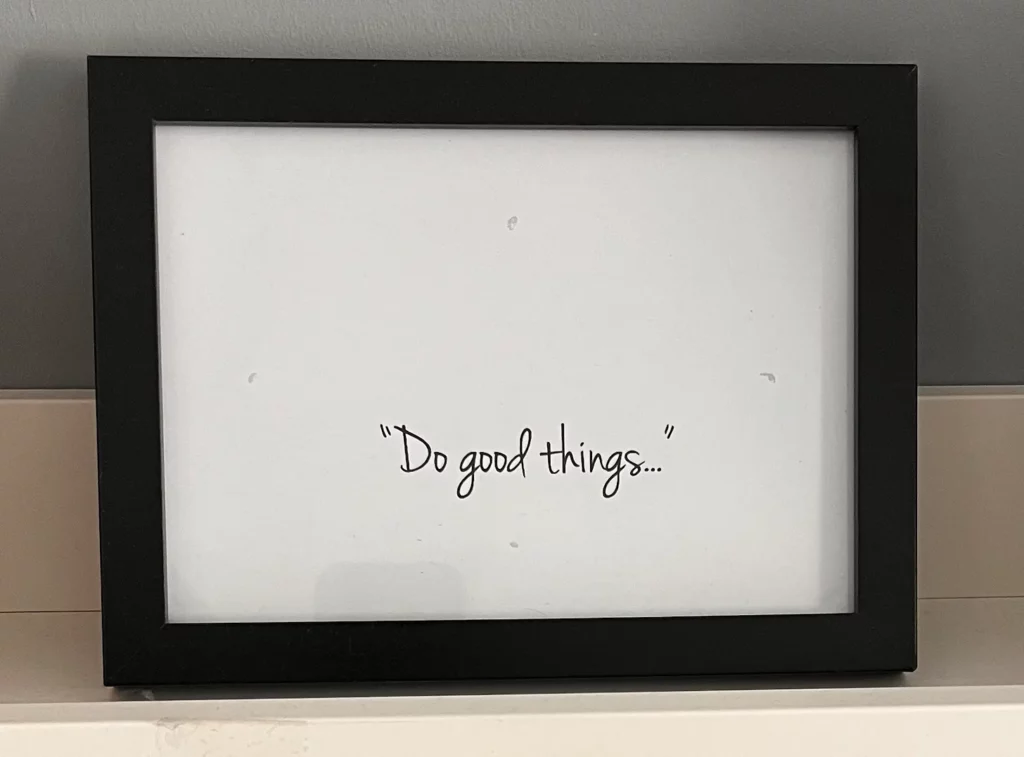#10 - Rob Taylor
Former Leicestershire and Scotland cricketer
Rob Taylor is the Head Coach of Loughborough University Women’s Cricket programme. He represented Leicestershire between 2011-2016 and Scotland between 2013-2016. Having played over 170 games for Leicestershire and Scotland combined, including two World Cups. He left the professional game to pursue a career in coaching. Using his university degree in sports management from Loughborough and his Level 2 coaching qualification, Rob began coaching on the MCCU programme where he had also been a player.
Currently completing his Level 4 coaching qualification, Rob has also started working as a performance lifestyle mentor, supporting dual career athletes at the university transition into, through, and out of sport.

If you hadn’t been an athlete, what would you have gone into after school or university? And why?
I was at a real crossroads when I finished my 2nd year of university. My aim of going to Loughborough was to get a degree but mainly to try and secure a professional contract in the game. I didn’t have a contract on the table until the start of my 3rd year which in hindsight did nothing for my degree, as I felt I didn’t need to study as hard as I had in the first two years.
Had I not gained my contract with Leicestershire, I think I would have looked for a role in sports management. The other option was my brother had started out in insurance in London and I may have gone down a similar route in the city. Whatever it would have been, it would have needed to involve regular interaction with others and not being behind a desk all day.
What experience or memory do you cherish most from your days of being a professional athlete?
Some of my fondest memories of playing are in a Scotland shirt, as I was lucky enough to be part of the first Scotland team to qualify for a 50 over world cup since 2007. In that qualification game, I scored 46* off 37 balls to get the team over the line. Playing for Scotland in our 1st game of the 2015 World Cup against New Zealand, in Dunedin is a moment I’ll never forget.
Also, on my debut for Leicestershire, I made 70 and took 3 wickets against Surrey and it was at that point I began to have more belief that I could play at that level.
What’s one thing you’re interested in or care about that most people don’t know?
I don’t share it publicly, but I am a huge believer in spending time at home and being around those you care about most. I spent 2020 & 2021 getting too caught up in work and sacrificing those key relationships. Having changed my roles, I have vowed not to let that happen again.
Professional sport can be all consuming in its nature, because you are getting paid to do the best job in the world and there is always someone who will take it if you don’t want it. My view having played and now coached in that environment, is that you do the best you can in that role, but you need to make time for those closest to you.

The prevalence of mental health problems in elite sport is incredibly high. Why do you think that is and how can we reduce it?
I believe sports people are being put under more and more pressure. My personal experience is that I loved my job of playing professionally until it looked like I wasn’t going to get another contract. At that point, personal pressure became my biggest enemy, desperate to make a match winning score to get Leicestershire to offer me a new contract. I think mental health problems probably seem higher now because people are happier to share their experiences, but that now needs the support around it for those athletes. There is still a fear around telling the head coach about problems, because they make selection decisions, but teams investing properly in psychology will begin to see the real benefits.
For me it was the fear of the unknown that was scary. All I knew was cricket, I didn’t know about the real world and in my final year, I began to not know what my place was in that team. I put that down to performance but also because the relationships between me as a player and the decision makers wasn’t there. As a coach, I now try to spend time with players, because at the end of the day we are dealing with people.
There will always be the pressure to perform in professional sport, but being able to give players the tools to manage the pressures of the sport is key. I had a good experience with the PCA who helped me understand what I wanted to do next, but that took time.
Life after sport can seem scary, but finding what you want to do next, can alleviate some of those fears.
Careers are full of ups and downs. What caused you pain and how did you deal with it?
Throughout my career I would get a back injury about 2/3 times a year and not always from cricket. I once did it picking a towel up off the bathroom floor, mid-season, and it took me out of playing for 10 days. I used to hate it when I got injured from non-cricketing activities and I began to worry every time my back felt tight, hoping it wasn’t going to happen.
Do you have a favourite quote or saying? Why does it resonate with you?
I have one that I’ve come across relatively recently. I heard it from an S&C coach who I worked with, and she used to say “Do good things”. It came from her grandfather and it resonated with me because it is a great reminder of no matter what you are doing or where you are or who you are with, be a good person. When she moved on from her job, she gave us a frame with it written in the middle. It sits on my desk to remind me each day.

Any parting thoughts for those youngsters that might be about to embark on a pro career, those in the middle of one, or those that might be coming towards the end?
Have a plan for your post playing career and don’t specialise too early. The number of players who will be setup for life after finishing playing domestic sport is so small that you need to think about what might come after sport. Again, the PCA does a brilliant job in cricket and have really paved the way, getting players to buy into development plans and thinking about studying online or work experience during the quieter times of the year.
Also, when in season finding something that takes you away from the game. Having something else to put your mind to is key to maintaining freshness when in competition. We don’t have the mental capacity to think about sport all day long. I used to play golf when I could and I still do. I take it seriously because I’m competitive and want to get better, but my focus on getting better at golf is different to cricket. It was, and still is, my release from the stresses and strains of playing cricket and now working.
Finally, how can people follow what you’re up to and potentially reach out?
Email: r.taylor2@lboro.ac.uk
Twitter: https://twitter.com/robtaylor1989
